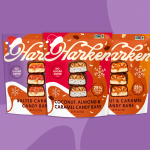Forager Expands Creamery Model with Ice Cream Launch
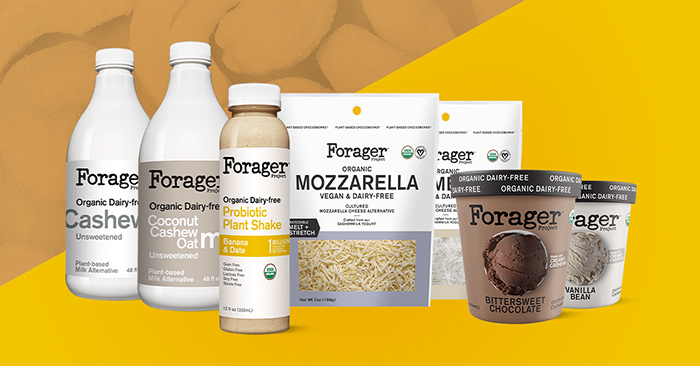
Former juice brand Forager Project this week announced it would launch plant-based ice cream — the next step in the company’s goal to become a plant-based “creamery.”
The ice cream will debut in five flavors: Vanilla Bean, Bittersweet Chocolate, Cookies and Cream, Salted Caramel and Mint Chip, the line will be available nationwide this Spring in retailers including Whole Foods Market, Natural Grocers, Market Basket and Earth Fare for $6.99 per pint. Using a base of cashew milk, coconut oil, sunflower oil, and oat flour, the line is soy-free, dairy-free and certified organic.
CEO and co-founder Stephen Williamson said ice cream was a “logical pathway” for the company: Having initially launched with juices, Forager has shifted to that of a plant-based creamery over the years with the introduction of Plant-based yogurts, (which account for the majority of the company’s revenues), milks, sour cream, and cheese. For most of these items, Forager has turned to organic cashews as its alternative to dairy. Ice cream, Williamson said, was simply another product that could be produced from this base and utilize a similar supply chain.
Williamson declined to comment if the ice cream is made in the company’s Indio, California plant or at a co-packer — Forager currently utilizes both production options. For R&D the team turned to Neil Gottlieb, former Three Twins Ice Cream founder and CEO, he said.
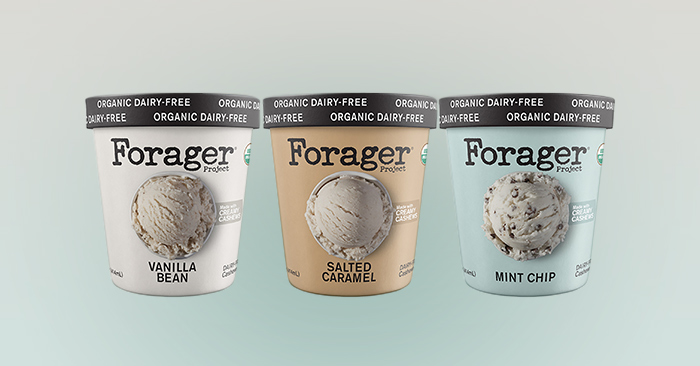
The vegan ice cream set is competitive, with plenty of new entrants in the last few years ranging from Van Leeuwen, to Coolhaus to Brave Robot — but there’s also opportunity. In 2020, plant-based ice cream and novelties accounted for $435 million in sales, growing 20.4%.
To differentiate Forager’s ice cream from the competition and capitalize on that opportunity, Williams said the team focused on taste above all else. The goal was to produce a line that customers would see as indulgent, even if they are not vegan, he added. While plant-based is a trend itself, Forager also sought to avoid embracing any dietary restrictions that may quickly become a fad. For example, though the company prioritized using less sugar, Forager’s ice cream is made with cane sugar rather than alternative sweeteners.
“We operate from this mental model of ‘when you taste amazing food. You just know it.’ It doesn’t have to be complicated,” he said. “I’ve watched many diet fads go in and out…we’ve tended to operate from the perspective of what’s better than just organic minimally processed food?”
Forager’s move into ice cream follows the launch of plant-based cheeses last month. Available in Jack, Queso Fresco, Mozzarella and Parmesan,, that line does have functional benefits, stemming from its base of probiotic cashew milk yogurt. Research found that most consumers use plant-based cheese as an ingredient in dishes, versus eating it on its own, so Williamson said the team focused on developing a cheese alternative that would melt, stretch and be incorporated easily into recipes.
Though the pace of innovation has been brisk in 2021 already, Williamson said he recognizes some products may be more successful than others, noting that he has emphasized “creating a culture that accepts failure and takes risks,” at Forager. The company has also not been afraid to discontinue previous launches, including juice or plant-base creamers.
That doesn’t mean these products are gone for good though, he added. For example, future launches may include other creamer products. Forager will also continue to invest in improving existing products, launching new formulations when needed.
“Being better at [our] core business is [our] number one priority. I don’t want to be caught asleep,” Williamson said. “Forager Project is a really a way to eat and wherever there is the opportunity to create amazing tasting organic products, we will forage into that space.”


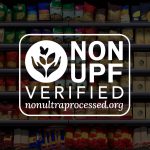





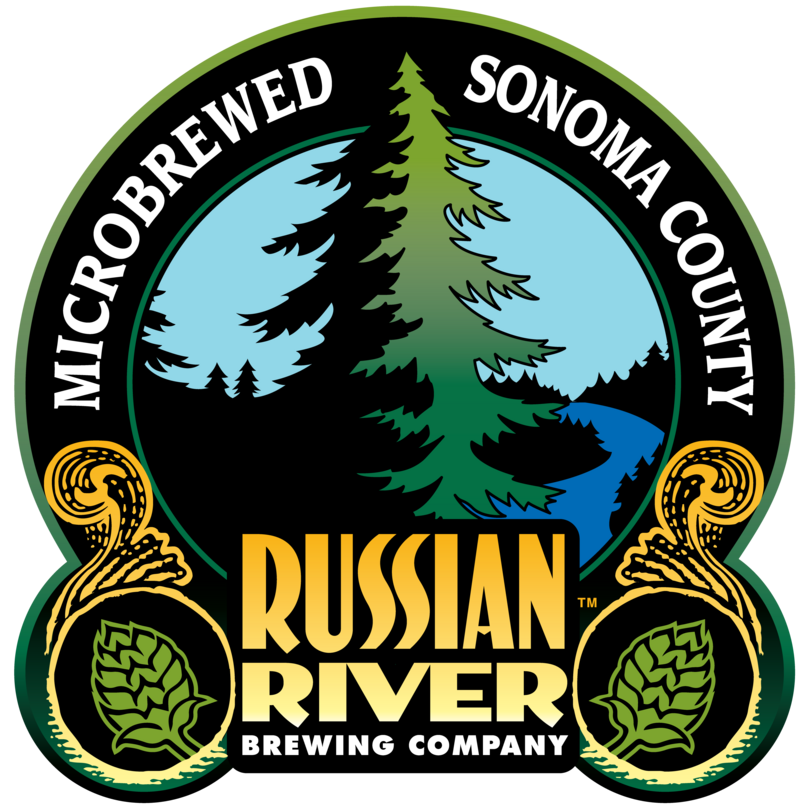





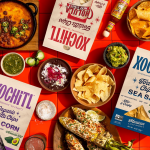
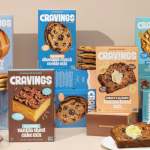
![[Exclusive] Sweet Loren’s Extends With Protein-Focused Offerings](https://d2azl42aua8mom.cloudfront.net/wp-content/uploads/2026/03/02165734/2026-03-02-sweet-loren-s-extends-with-protein-focused-offerin-square-150x150.png)
